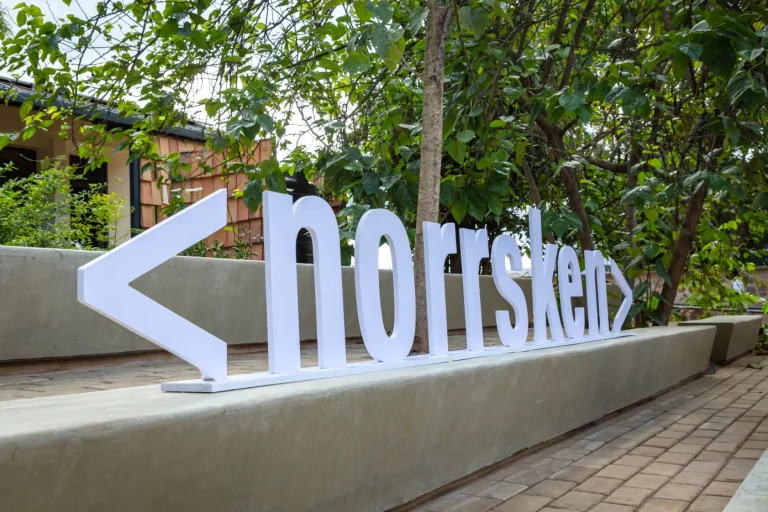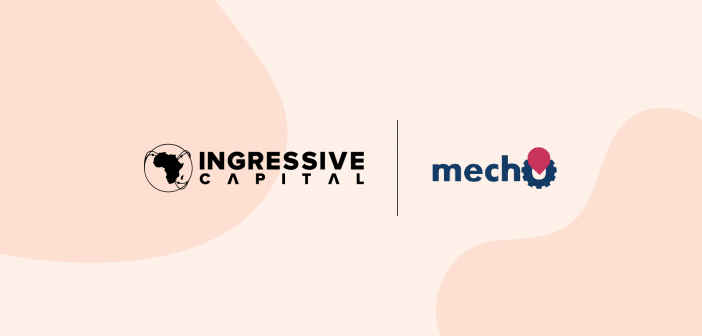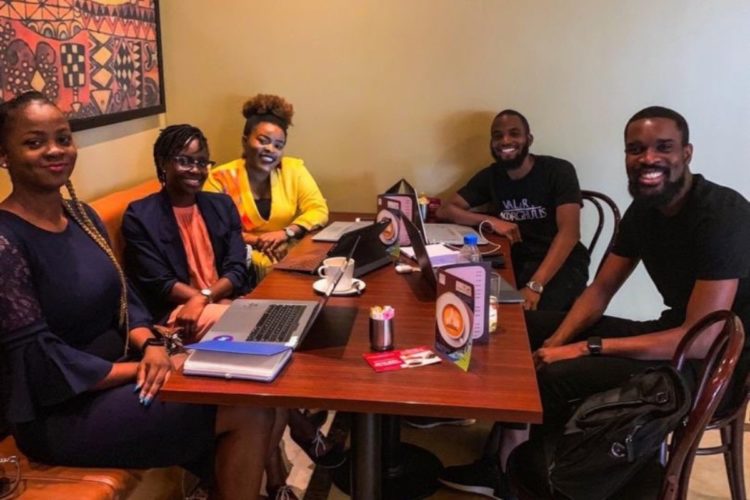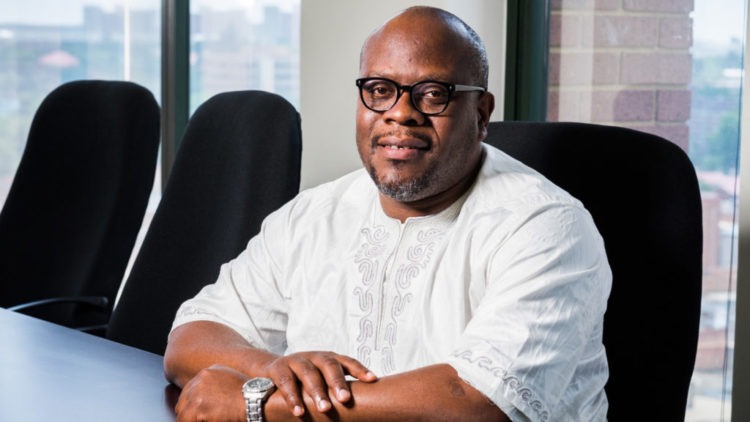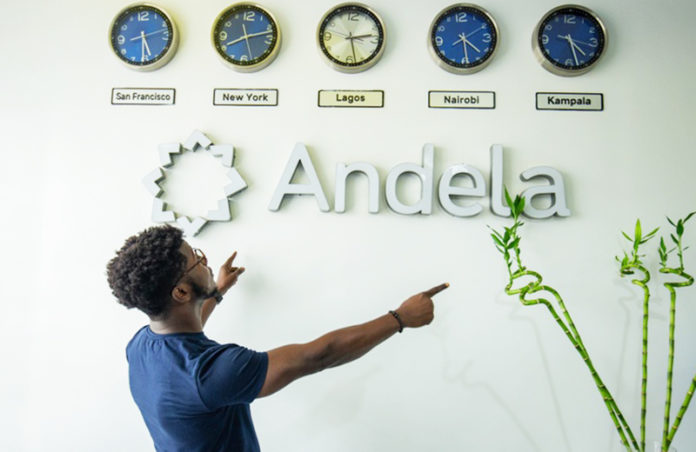Smart-addressing startup, OkHi completes $1.5 million in a seed round to expand across Nigeria
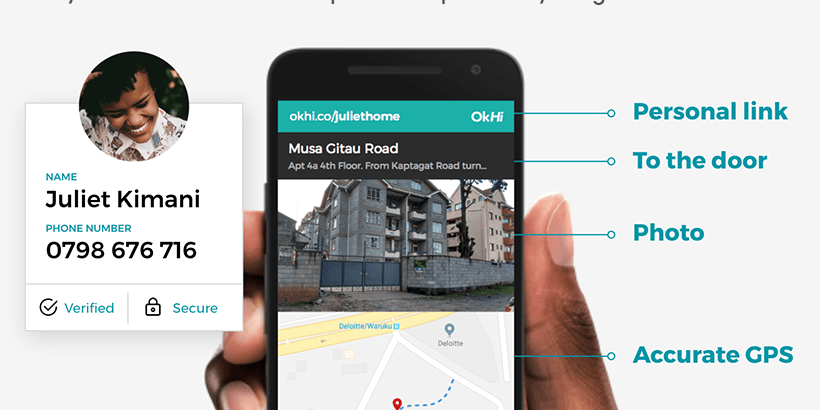
OkHi, a smart-addressing startup, has announced a $1.5 million seed extension round following a $1.5 million seed round in 2020.
Following the completion of this seed round, the startup intends to focus on onboarding more institutions in order to reach its goal of having one million verified addresses in its database by 2022.
Founders Factory Africa, Betatron, Interswitch, Chapel Hill Denham, and Flutterwave executives participated in this round, as did EXFI (a syndicate of ex-Google employees) and Flutterwave Founder, Olugbenga Agboola.
Since the 1960s, when much of Africa gained independence, the rate of urbanisation has accelerated. At the time of independence, rural areas housed 80 percent of the population. However, that figure is now at 50% and continues to rise year after year.
This expansion has been accompanied by the challenge of developing a suitable addressing system for the continent. According to the United Nations, Africa is home to approximately 400 million of the 4 billion people who do not have addresses.
A lack of a proper addressing system causes numerous issues for governments, service providers, and residents. For example, how can an eCommerce company ensure that an order is delivered to the correct location without a reliable method of verifying a customer’s address?
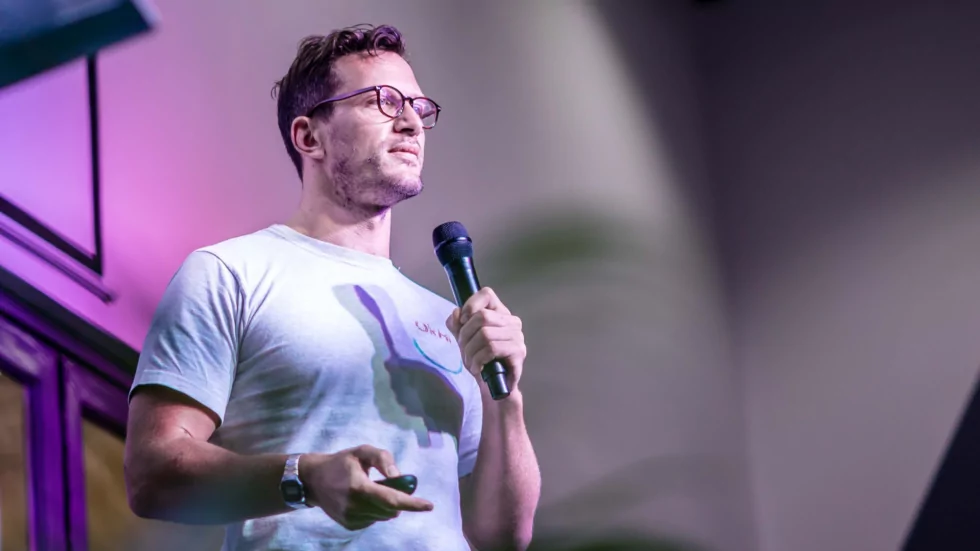
Unsurprisingly, businesses lose a lot of money as a result of this challenge, and people die as a result of essential service providers being unable to reach their locations.
Anyone opening a bank account in Nigeria must submit documentation for address verification. This is a utility bill for the majority of people. The bank then dispatches a human agent to verify the address on the utility bill provided by the prospective customer. This method appears to be inefficient and unreliable, as some people may not have a valid utility bill and must use utility bills that do not belong to them.
Timbo Drayson, an ex-Googler, discovered that Google Maps did not work perfectly in Africa while traveling across the continent in 2014. As a result of this realization, he founded OkHi in Kenya to provide address verification services to businesses such as eCommerce and ride-hailing startups.
While there have been solutions such as Google’s “Plus Codes,” OkHi’s solution is unique in that it addresses people rather than locations.
Verification of one million addresses
After reportedly verifying over 300,000 addresses in Kenya, the startup launched in Nigeria in December 2020. This launch also saw it collaborate with Interswitch, a fintech behemoth that also serves as an investor. On a call with Techpoint Africa, Drayson explained why he made this decision.
“We had some incredible success in Kenya, where we focused on solving the addressing problem for delivery businesses, and we gained a lot of traction.” However, OkHi’s goal and vision have always remained the same: to include half of the world’s population who do not have a physical address.
“A great use case for that is address verification and being able to use your address to assist with financial service onboarding.” When we tried to approach this in Kenya, we discovered that it wasn’t the best place to build and go to market with address verification.”
Kenya, as opposed to Nigeria, has a large mobile money market dominated by Safaricom and M-Pesa. As a result, fintech startups in Nigeria are not gaining as much traction as their Nigerian counterparts. A meeting with Interswitch was also important in the startup’s decision to relocate to Nigeria.
Interswitch, with extensive coverage of the Nigerian market, provides the startup with the opportunity to tap into its vast network of financial institutions. OkHi announced a partnership with Quickteller in October 2021, allowing its customers to digitally verify their addresses.
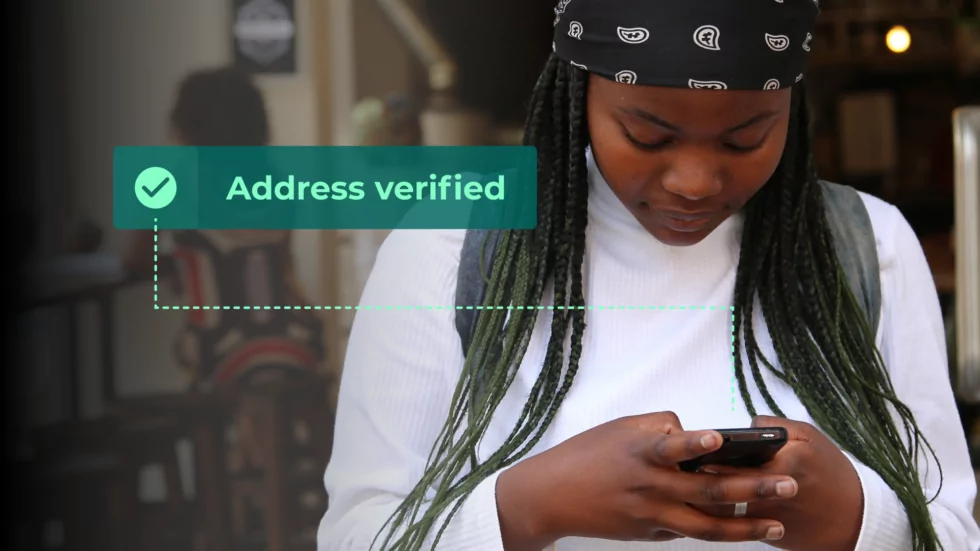
“What’s great about Interswitch is that they already serve our target user base, which is both consumers who need verified addresses and banks and fintechs who need to use it,” Drayson explained.
In addition to Quickteller, OkHi is piloting a program with Stanbic IBTC Bank, a Nigerian commercial bank, that allows the bank’s customers to digitally verify their addresses. Drayson noted that, in addition to being more accurate, OkHi’s solution is four times faster than human agents and can be completed at half the cost.
“Right now, we have a very rich pipeline of customers, both banks and fintechs, that are integrating or going live in pilot mode.” Our focus is solely on execution and ensuring that by 2022, we have approximately a million people using OkHi and verifying their addresses with us.”
The startup’s solution, in addition to providing users with a digitally verifiable address, can notify businesses when a user changes their address. It does this by utilizing data from their smartphone.
Such technology may raise privacy concerns for users, but Drayson revealed that users can opt out of using the solution at any time. Furthermore, they follow the guidelines established by the Nigeria Data Protection Regulation (NDPR).
OkHi’s business model is being dissected.
Address verification is divided into three parts: obtaining an accurate address, verifying the address, and delivering to the address.
OkHi has three products that cover these functions: OkCollect, OkVerify, and OkGo. OkCollect uses a photo and GPS to verify addresses; OkVerify uses data from the customer’s phone; and OkGo functions as a sort of Google Maps, allowing anyone to navigate OkHi addresses.
While customers can use their OkHi addresses for free, OkHi charges businesses 500 (USD) each time they use OkHi to verify a customer’s address. Although there are other startups in Nigeria that provide verification services, the majority of them focus on document and identity verification.
“While there are a number of identity verification players who do document and biometric verification, such as Smile Identity, the majority of them are more likely to be partners than competitors because, while they provide full digital KYC solutions to businesses, they do not provide digital address verification.” As a result, there is an opportunity for us to digitally power their address verification,” Drayson told Techpoint Africa.
Building as trailblazers
Building a business presents unique challenges, and Drayson shares that the majority of their difficulties stem from operating in a new space with no blueprint to follow. As a result, they’ve had to persuade both investors and customers of the value of their solution.
“As a new business and technology that the world has never seen before, we’ve had to work hard to earn the trust of our early adopters, who are the trailblazers bringing our solution to market.”
“While we have raised over $4 million in total to date, and there is still a lot of learning along the way, we are ultimately inventing a new category of business here.” It’s an uncharted path with no proof points anywhere in the world, so it’s been a matter of perseverance to close the investors we have today, for whom I’m grateful for their money and advice.”
While the current focus is on financial institutions, there are plans to expand into other sectors such as food delivery, ride-hailing, and eCommerce in 2022. If that were to happen, the startup would be in familiar territory, having tried and succeeded in Kenya.



